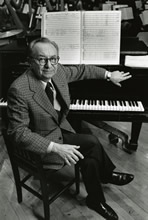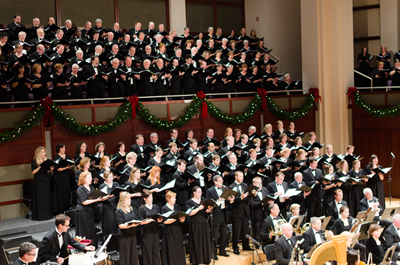People who know know they don’t always have to spend a lot of money to attend concerts. I am sorry if that sounds a bit like an ad for an accounting or a brokerage firm or car insurance, but it’s true. And sometimes some of the best concerts are free. I’m speaking of those offered by nearly all of our regional colleges and universities, where many exceptional faculty members spend time passing their skills on to the next generation and, from time to time, sharing those skills with the public. And it matters. For arts enthusiasts, these offerings are far more important than the semi-pro sports teams some of these places use to advance their various causes. Come to think of it, the arts are safer for their presenters, too. For example, when was the last time a cultural event forced wide-spread firings and resignations on a university campus?
So anyway, sometimes these things are free, and sometimes it’s even free to park to go in and hear them. That’s generally the case on Duke’s East Campus, where there are several attractive and acoustically-appealing venues, including the Nelson Music Room, Baldwin Auditorium (currently under renovation), and Bone Hall (in the music building). Good rooms, convenient access, richly-varied programs, fine artists, and mostly free. What more could a music lover want?
As an example, consider an all-Beethoven program in Nelson on a drizzly weeknight, presented by Duke’s Department of Music. The players were Durham-based artist-scholars with exceptional ability and understanding, performing as the Trio Féliciens. The violinist was Katharina Uhde, who is working (at Duke) on her second doctorate, this time in musicology, concentrating on Joachim and von Bülow. The cellist was Mark Moskovitz, whose big scholarly opus deals with Zemlinsky, Schoenberg’s father-in-law. And the pianist was R. Larry Todd, the world-famous Mendelssohn scholar who has done almost as much for Duke’s research-in-music reputation as William S. Newman did for UNC’s.
Now if these folks had exuded merely scholarship from the platform, it would have been a pretty dull evening, but in fact they can all play – and very well, too!
And the program was tailor-made to allow the substantial crowd of listeners to savor their performing and interpretive skills in three radiant masterworks by Beethoven. What’s not to like?
First up was the Sonata No. 3, in E-Flat, Op. 12/3, listed in the program as a Sonata for Violin and Piano but generally described with those instruments reversed. Uhde’s program notes hinted at the update of the title; these notes – and the others, by Moskovitz and by Todd – were icing atop the evening’s musical cakes. The performance was splendid in every respect, even if, to these ears, Uhde’s playing was at times just a shade too aggressive for music from this period of the composer’s life. She has a splendid instrument, richly voiced, and her technique and understanding belied her comparative youth. The partnership with Todd could hardly have been bettered, and overall the performance set very high standards.
There followed the Sonata No. 4, in C, Op. 102/1, for cello and piano (or, if you prefer, for piano and cello). The cellist’s notes were spot-on, as were his supplementary remarks from the stage – and appropriate, too, for some of the younger attendees who were perhaps not as familiar with the score as some others. This performance, too, had a great deal going for it, overall and in the many felicitous details of dynamics, accents, phrasing, and the like. Again the shared partnership was exemplary, and the results demonstrated the artists’ common understanding and approach.
The grand finale – very grand, indeed – was the Trio No. 7, in B-flat, Op. 97, known as the “Archduke.” Its overall sublimity makes it a concert favorite, so it’s somewhat hard to understand why live performances are comparatively rare. Here the playing was absolutely secure and exquisitely matched in terms of balance and interpretive niceties. As Todd had said in his short spoken remarks, time really does seem to stand still at several junctures in this masterwork. Sure enough, there was no watch-gazing during this reading, and here and there even breathing seemed suspended, so captivating and compelling was the artistry.
We list in our calendar all these Duke programs plus those at UNC, NCSU, Meredith, and elsewhere in the Triangle. Check ’em out. You need not spend big bucks to reap sometimes priceless musical rewards.












